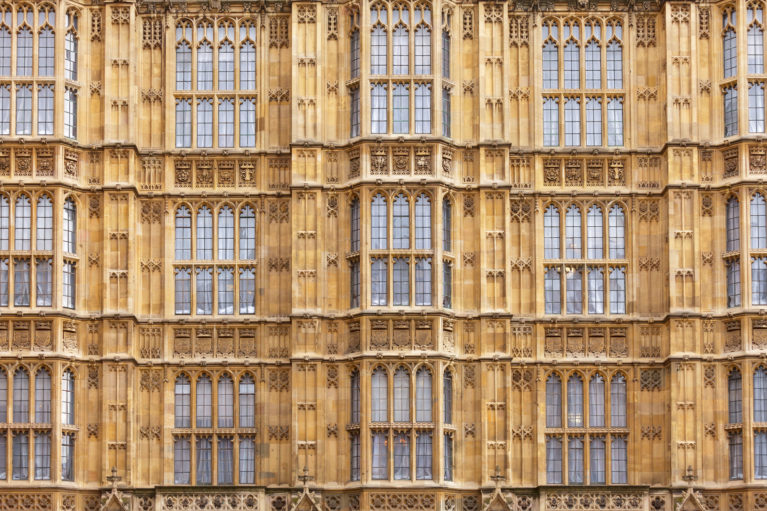Mental health and disability rights
The Mental Capacity Amendment Bill is becoming law: what happens next?
Posted on 10 May 2019
The Government backed down on some key human rights concerns, but we will continue to monitor its implementation to ensure this Bill does not put people at risk.
The Mental Capacity Amendment Bill has reached the end of its parliamentary journey and is now awaiting ‘Royal Assent’ to become law. This Bill affects hundreds of thousands of people every year who are deemed to lack mental capacity and are deprived of their liberty. It was a Bill that Liberty and many others criticised as fundamentally flawed – a Bill that would only serve to replace one dysfunctional system with another.
While there have been improvements since the Bill’s inception there are still concerns that it will see people deprived of their liberty without suitable safeguards.
Many Peers in the House of Lords argued in the final debate that the Bill’s deficiencies will lead to legal challenges which will result in future governments having to revisit the legislation and put us back in the position we are now. All the while the elderly, those with learning disabilities, dementia and brain injuries as well as their families and carers continue to be let down.
It is welcome that the Government did eventually recognise the central importance of receiving information about rights, of independent advocates and of access to an appeals process. It is also vitally important that the Government moved away from dangerous conflicts of interests between those providing care and those authorising a deprivation of liberty – which if the Bill had remained unchanged would have been a recipe for abuse.
Disturbingly, the Bill still triples the time people can be deprived of their liberty before a renewal is needed – from one to three years. The detail of how regular reviews will work has been left to the Code of Practice which is currently being consulted on. The impact of this change must be closely monitored and strong safeguards put in place in the Code of Practice to minimise the potential for extended and unnecessary detention periods.
What’s next?
With the end of the Bill’s parliamentary process those attempting to ensure rigorous safeguards turn to the consultation on the Code of Practice. The Code instructs professionals on how to enact the law. It is good to see the Government consulting more widely than it did on the original Bill and especially consulting with people directly affected by this legislation. It was symptomatic of the process of the Bill as a whole that an easy-read version not produced until months into the progress of the Bill, preventing many with learning disabilities from engaging with the process.
Further, issues brought up in this Bill will doubtless be revisited if and when an expected Mental Health Bill is laid before Parliament.
Liberty will be keeping a close eye on the implementation of the Code of Practice and any future Mental Health Bill. The people directly affected by these laws and those who care about them deserve to know their rights, and must be empowered to protect them.
I'm looking for advice on this
Did you know Liberty offers free human rights legal advice?
What are my rights on this?
Find out more about your rights and how the Human Rights Act protects them
Did you find this content useful?
Help us make our content even better by letting us know whether you found this page useful or not


